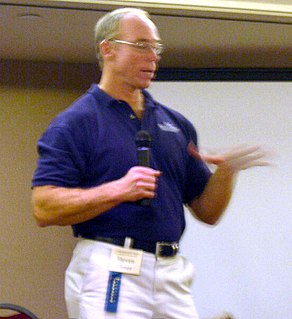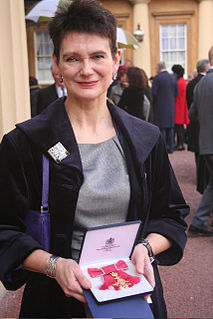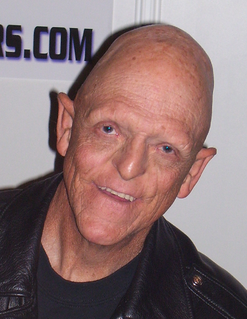A Quote by Paul Krugman
This is a serious analysis of a ridiculous subject, which is of course the opposite of what is usual in economics.
Related Quotes
It is an understatement to say that the time has arrived for a serious and open international dialogue regarding the possibility of future interplanetary relations. In no other area of human experience has so much evidence existed for so long, and yet been attended by such a paucity of serious research and analysis - at least in the civilian domain. While the subject matter of UFOs itself is extraordinary, it is the absence of a serious human response to it that is most extraordinary.
Modern economics is sick. Economics has increasingly become an intellectual game played for its own sake and not for its practical consequences for understanding the economic world. Economists have converted the subject into a sort of social mathematics in which analytical rigour is everything and practical relevance is nothing.




































